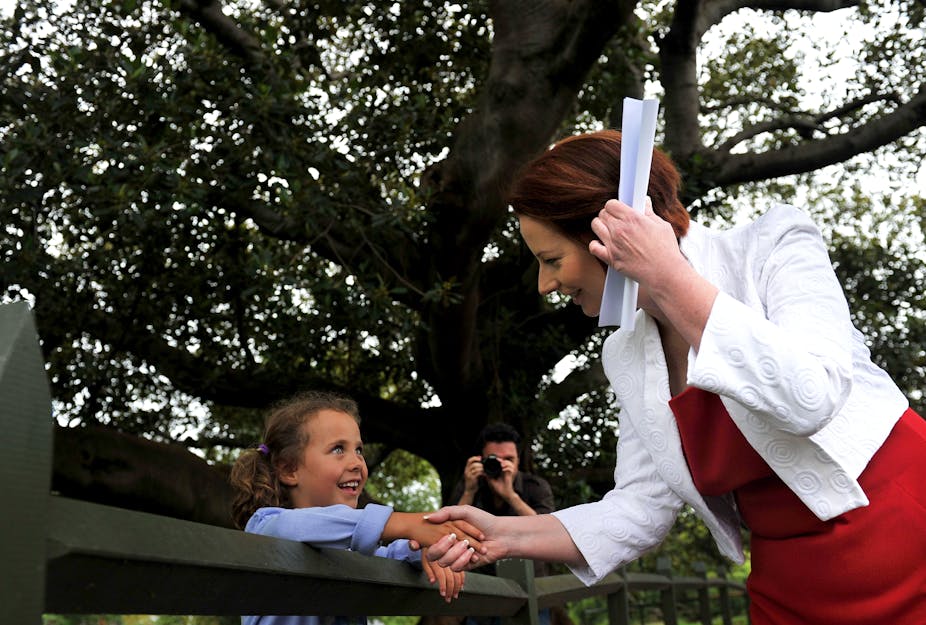Would you pay the equivalent of a coffee a day to guarantee a system whereby Australian children got the best start in life?
From January this year, the Australian education system is changing its approach to early years education in the biggest reform since the introduction of compulsory primary education in the 1880s.
Broadly speaking, these improvements represent a new paradigm for early childhood education and care which is about providing quality learning environments to enhance children’s social, emotional and cognitive development, rather than simply facilitating parental workforce participation.
The reforms will go a long way towards ensuring that our children will grow up healthy, happy, educated and employed and less likely to engage in anti-social behaviour.
How the reforms work
Ratios between children and educators will improve, supporting more purposeful and individualised interactions. These educators will also be required to have higher qualifications than ever before, and there will be a new emphasis on service leadership, community engagement, educational program and practice and child and educator hygiene and safety.
Recently there has been a lot of concern expressed through the media that has focussed on the additional cost of the reforms, estimated by Access Economics to be around $4 per child per day.
Critics argue that it is too high, and will price providers and families out of the childcare market. While these concerns are, of course, valid, it is important we also consider the bigger picture.
The big benefits of minor investment
International research systematically shows that improving the quality of learning environments for young children is associated with substantial social, educational and economic benefits for children, families, educators and the community.
Findings from the neurosciences demonstrate that the human brain grows more in the first three years than at any other time of life. The environment in which the child spends his or her time directly impacts on their brain development.
This means that in order for children to grow, learn and develop to their capacity they must be in a high quality learning environment that is characterised by positive interactions with caring adults and stimulating experiences and materials. These kinds of quality relationships and environments can be established anywhere: at home, in early childhood settings or in the community.
We know that when children experience this, they are more likely to enjoy success in building and maintaining friendships, having better health outcomes and establishing themselves as life-long learners.
Lifelong benefit
The benefits of happy, healthy and productive individuals do not stop at the individual themselves, but extend to the economy and the community by way of reduced rates of anti-social behaviour, better health outcomes and a more productive labour market.
Economic modelling shows that investing in quality early childhood education programs and early experiences reap greater returns on investment than at any other time in the life-course.
Not only do these reforms support children, families and the economy, they also contribute to further professionalising the early childhood workforce. The reforms help educators to articulate to families, the community and to Government their professional knowledge and skill and the contribution that they make. By upgrading their qualifications, educators will be able to continue to promote the best outcomes for children.
Co-operation brings success
The transformation of a sector such as that currently occurring in early childhood education and care is rare and remarkable. This particular reform, given the substantial legislative change required in each jurisdiction, is possible only with the support of all State, Territory and Commonwealth Governments in Australia.
When the reform was announced in 2007 the political stars were aligned, with Labor Governments in every State and Territory as well as at the Commonwealth level.
In 2008, however, Labor Governments started losing office with Western Australia, Victoria and New South Wales Governments now held by the Liberal Party. Despite these political changes, the reforms have broadly continued to enjoy the support of Governments nationally.
For about the cost of a coffee per day, children, families and the community are benefitting.

